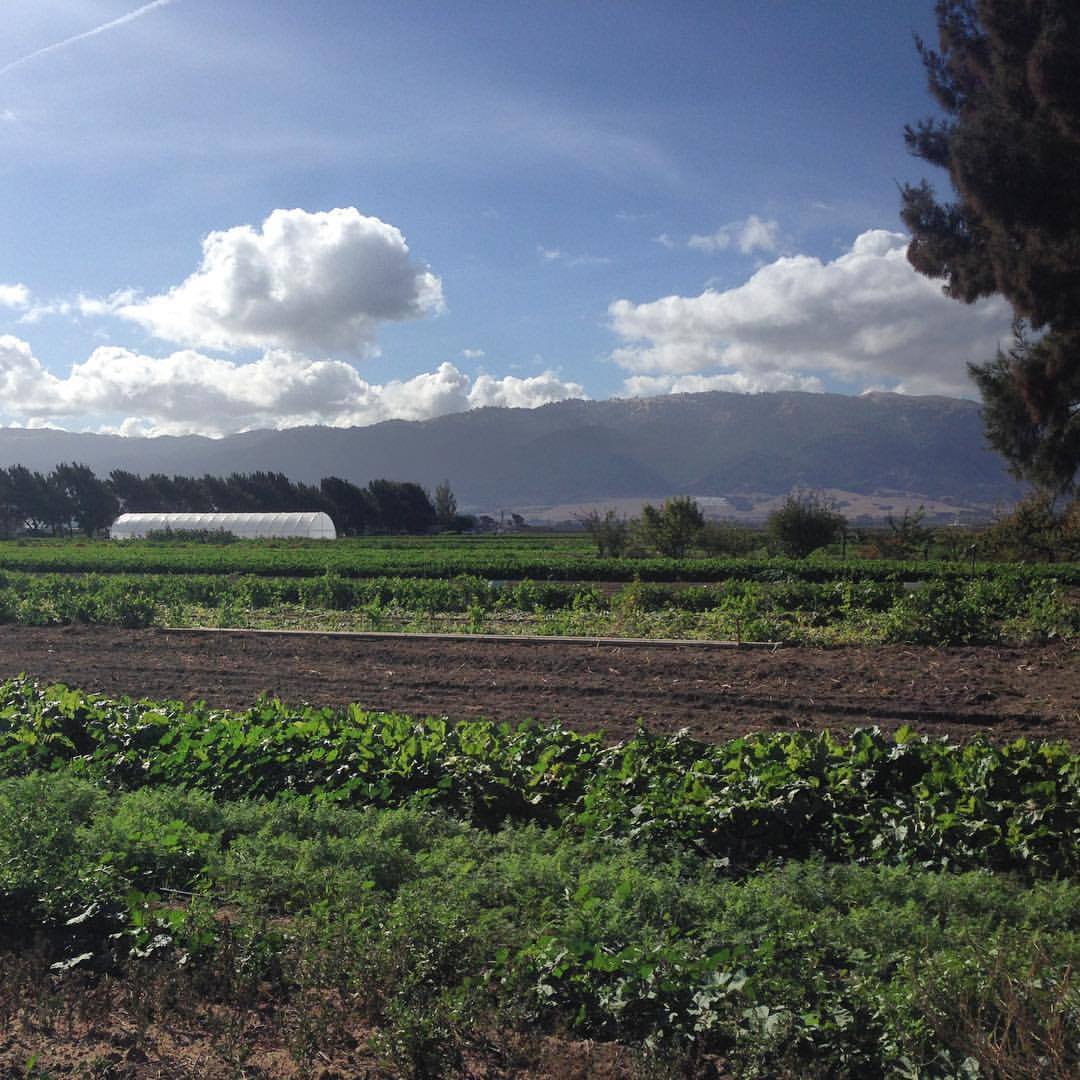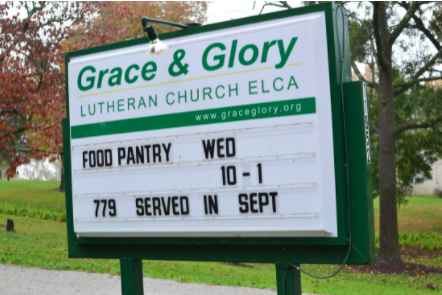 Tang Mai Zatau doesn’t stop what he’s doing just because he’s on the phone. On the other end of the line you can hear the sounds of a working farm: gates clanging as they open and close, water rushing from a pump, and footsteps. Lots and lots of footsteps.
Tang Mai Zatau doesn’t stop what he’s doing just because he’s on the phone. On the other end of the line you can hear the sounds of a working farm: gates clanging as they open and close, water rushing from a pump, and footsteps. Lots and lots of footsteps.
Tang is a farmer from a centuries-old lineage of farmers in his native Myanmar. When he, his wife, and three young children resettled as refugees to Louisville, Tang wanted to live out his legacy of farming even though he had little hope of doing so in an urban setting. But then he heard about Common Earth Gardens, a program that makes land and opportunity available for growers who have resettled as refugees from agricultural to urban areas. Today, thanks to his involvement in Common Earth Gardens, Tang is farming to feed his family as well as to build a business and contribute to a community.
 Common Earth Gardens has garden sites accounting for nearly 14 acres in five locations throughout metro Louisville. More than 400 families farm there, often with neighbors, to grow foods indigenous to their countries of origin as well as those popular in Kentucky. In addition, 14 farm teams participate in the program’s Incubator Farm Business Training Program, where they learn about crop production, planting schedules, marketing, record keeping, financial management, and food safety. Those at the Incubator Farm work to develop their own agribusinesses in addition to feeding their own families.
Common Earth Gardens has garden sites accounting for nearly 14 acres in five locations throughout metro Louisville. More than 400 families farm there, often with neighbors, to grow foods indigenous to their countries of origin as well as those popular in Kentucky. In addition, 14 farm teams participate in the program’s Incubator Farm Business Training Program, where they learn about crop production, planting schedules, marketing, record keeping, financial management, and food safety. Those at the Incubator Farm work to develop their own agribusinesses in addition to feeding their own families.
Last year, growers with Common Earth Gardens harvested 521,000 pounds of produce valued at $781,500. Most of the farmers have resettled to Louisville from Burma, Bhutan, Somalia, Democratic Republic of Congo, Burundi, Rwanda, and Iraq.
According to Buddha Subedi, who resettled to Louisville with his family from Bhutan via a refugee camp in Nepal, the value of Common Earth Gardens transcends its very practical outcomes. “What I love about Common Earth Gardens is that it provides people [the opportunity] to have experience, to work out in this country,” said Buddha, who often interprets for farmers not proficient in English. Farmers do much more than feed their families and neighbors, he said, when they work together, make new friends, and forge communities in their new home.
“They are happy to work with friends using their muscles,” Buddha said. “It is good for them to play in the soil and grow something for their families. It is good for everyone. It is good for the community.”
Common Earth Gardens Director Laura Stevens agrees. “You rarely see anyone at our gardens working alone. They socialize, make friends, and share successes. Culturally they stay rooted in their heritage while they also make new relationships in a different culture.”
 Tang also testifies to the transcendental benefits of the program. This year he wanted to have more land for farming but all plots at Common Earth Gardens were already allocated. That’s when organizers put him in touch with Grace and Glory Lutheran Church in Goshen, Kentucky. They had land but needed someone to farm it. They worked out an agreement with Tang that he and his partners would grow crops on their land and donate 10 percent of their harvest to the church’s food pantry.
Tang also testifies to the transcendental benefits of the program. This year he wanted to have more land for farming but all plots at Common Earth Gardens were already allocated. That’s when organizers put him in touch with Grace and Glory Lutheran Church in Goshen, Kentucky. They had land but needed someone to farm it. They worked out an agreement with Tang that he and his partners would grow crops on their land and donate 10 percent of their harvest to the church’s food pantry.
“It’s like a tithe, in this culture,” Tang said, smiling. “And it is needed in our culture, too. We are very happy to give our first fruits and need to do so.”
Laura said the arrangement is an apt picture of the power of Common Earth Gardens to create community. “Here you have farmers from southeast Asia partnering with congregants in rural Kentucky to help growers increase their harvest and congregants to feed more neighbors. It’s a rich story.”
This year Tang is growing beans, corn, squash, peppers, watermelon, cabbage, garlic, and other vegetables while also working on a troublesome water system. He’s grateful for the additional crops he and his team can produce, noting that “it is very satisfying to feed ourselves … and when someone gives us money we are …. how do you say … very happy,” he says with a laugh.
On Saturdays, Tang sells produce at the Beechmont Farmers Market where his favorite part is meeting new people. “I like to see all the people, you know?” he says with no small amount of animation. “They are everywhere, and they are so interesting, so exciting!”
According to Tang, Common Earth Gardens is nothing short of life-changing. “I have friends who ask me all the time how I got to Common Earth Gardens,” he says. “We are happy to farm.”
Common Earth Gardens is a program of Catholic Charities of Louisville, the social services ministry of the Archdiocese of Louisville dedicated to helping people in need, especially the poor and oppressed. Catholic Charities of Louisville serves all individuals regardless of qualifiers.
Common Earth Gardens collaborates with other organizations including the Jefferson County Cooperative Extension Service, the Soil and Water Conservation District, the Urban Agricultural Coalition, the Jewish Family and Career Services, and the Kentucky Center for Agriculture and Rural Development.

